Conspiracy theorist Alex Jones ‘ Infowars media platform and its assets will be sold off piece by piece in auctions this fall to help pay the more than $1 billion he owes relatives of victims of the Sandy Hook Elementary School shooting, under an order expected to be approved by a federal judge.
U.S. Bankruptcy Judge Christopher Lopez in Houston said during a court hearing Tuesday that he will approve the auctions that start in November. But he said he first must change a previous order to make it clear that the trustee overseeing Jones’ personal bankruptcy case controls all the assets of Infowars parent company Free Speech Systems, which is owned 100% by Jones.
Despite the pending loss of his company, Jones vows to continue his talk shows through other means, possibly including a new website and his personal social media accounts. He also has suggested that Infowars’ assets could be bought by his supporters, allowing him to continue hosting his show as an employee under the Infowars brand in their home city of Austin, Texas.
“It’s very cut and dry that the assets of Free Speech Systems, the website, the equipment, the shopping cart, all that, can be sold,” Jones said on a recent show. “And they know full well that there are a bunch of patriot buyers, and then the operation can ease on.”
Jones and his company both filed for bankruptcy protection in 2022 — the same year Sandy Hook families won nearly $1.5 billion in defamation and emotional distress lawsuits against Jones for his repeatedly calling the 2012 school shooting a hoax staged by “crisis actors” to get more gun control legislation passed. Twenty first graders and six educators were killed in the Newtown, Connecticut shooting.
During two civil trials in Texas and Connecticut, parents and children of many of the victims testified that they were traumatized by Jones’ hoax conspiracies and his followers’ actions. They said they were harassed and threatened by Jones’ believers, some of whom confronted the grieving families in person saying the shooting never happened and their children never existed. One parent said someone threatened to dig up his dead son’s grave.
Jones is appealing the civil jury verdicts, citing free speech rights and questioning whether the families proved any connection between his comments, and the people who harassed and threatened the relatives. He has since acknowledged that the shooting did happen.
In June, Lopez converted Jones’ personal bankruptcy reorganization case into a liquidation, meaning many of his assets will be sold off to pay creditors except for his main home and other exempt property. The same day, Lopez also dismissed Free Speech Systems’ bankruptcy case after Jones and the families could not reach agreement on a final plan.
The sell-off order Lopez intends to approve would put Infowars’ intellectual property up for auction on Nov. 13 including its trademarks, copyrighted material, social media accounts and websites. Jones’ personal social media sites, including his account on the social platform X, which has 2.8 million followers, would not be included.
However, the trustee overseeing Jones’ bankruptcy case, Christopher Murray, said Tuesday that he may soon seek court permission to also liquidate Jones’ personal social media accounts and his other intellectual property — which Jones’ attorneys have opposed. That issue could develop into another court fight in the bankruptcy case. Murray also is expected to sell many of Jones’ personal assets.
The Sandy Hook families who won the Connecticut lawsuit want Jones to lose his personal social media accounts. Their lawyers further contend that the families should get a chunk of all of Jones’ future earnings to help pay off his more than $1 billion debt.
Christopher Mattei, a lawyer for the Sandy Hook families in the Connecticut lawsuit, said the judge’s signing of the auction order will be “a significant step forward” in the family’s efforts to make Jones pay for his hoax lies.
“Alex Jones will no longer own or control the company he built,” Mattei said in a statement Tuesday. “This brings the families closer to their goal of holding him accountable for the harm he has caused.”
The rest of Infowars’ assets, including computers, video cameras and other studio equipment, would be sold at a different auction on Dec. 10.
Jones has made millions of dollars over the years selling dietary supplements, apparel, survival gear, books and other items he promotes on his shows, which air on the internet and dozens of radio stations. It’s unclear how much money would be raised by selling Infowars and Jones’ assets, and how much money the Sandy Hook families would get.
Jones has about $9 million in personal assets, according to court filings. Free Speech Systems has about $6 million in cash on hand and about $1.2 million worth of inventory, according to previous court testimony.
Lawyers, financial experts and others who worked on Jones’ bankruptcy cases — who have racked up millions of dollars in fees and expenses — are expected to be paid first.
A remaining legal dispute in the bankruptcy case is whether Free Speech Systems owes more than $50 million to another Jones-owned company, PQPR Holdings Limited. Free Speech Systems buys dietary supplements from PQPR to sell on the Infowars website. PQPR said it wasn’t paid for many of the supplements and filed liens. Sandy Hook lawyers allege the debt is bogus.
If the debt is found to be valid, that could reduce any amount the Sandy Hook families ultimately get from the liquidations.

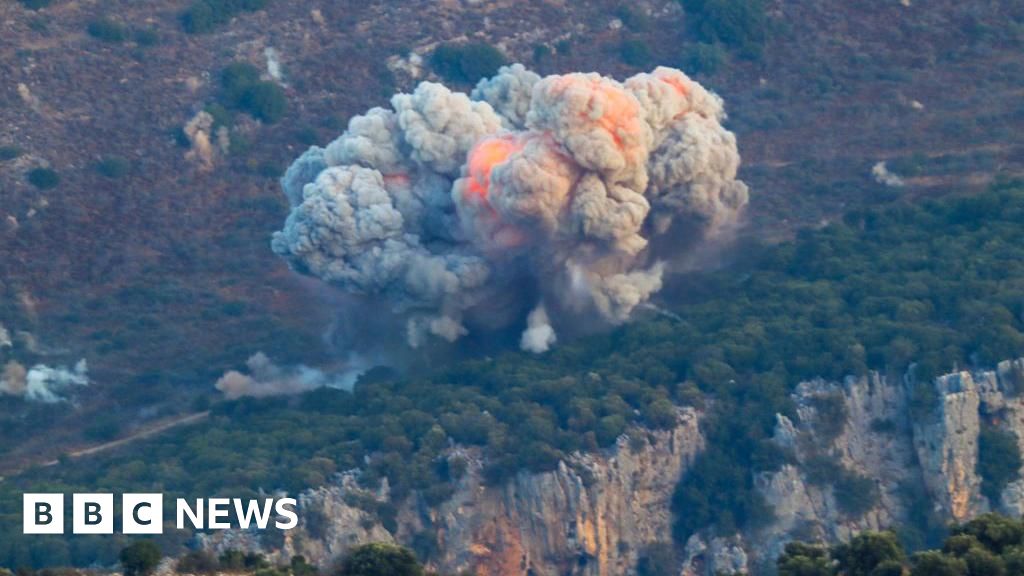


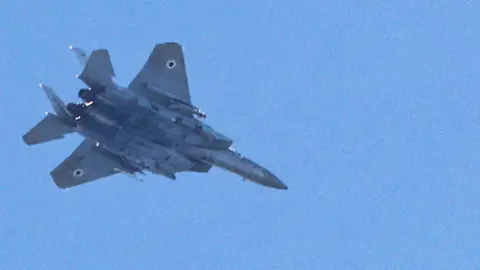









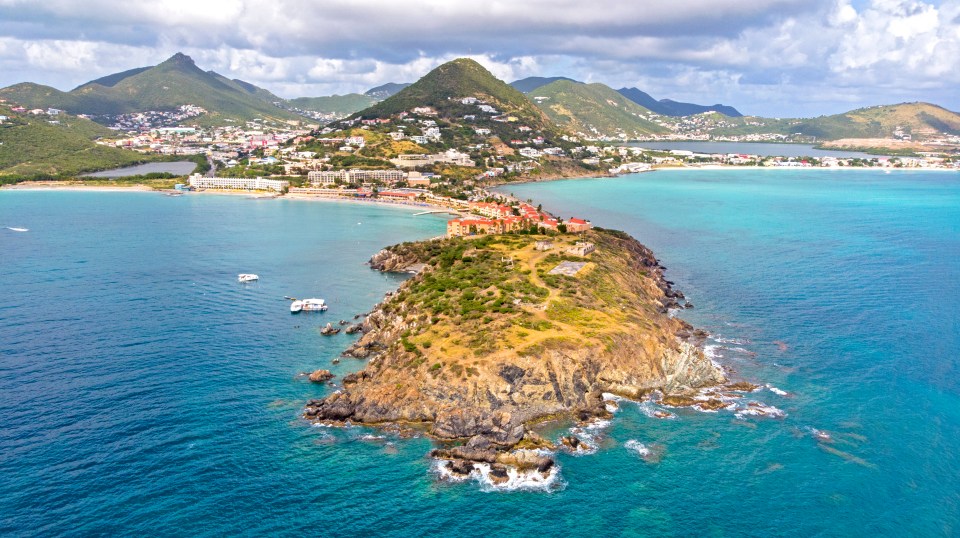


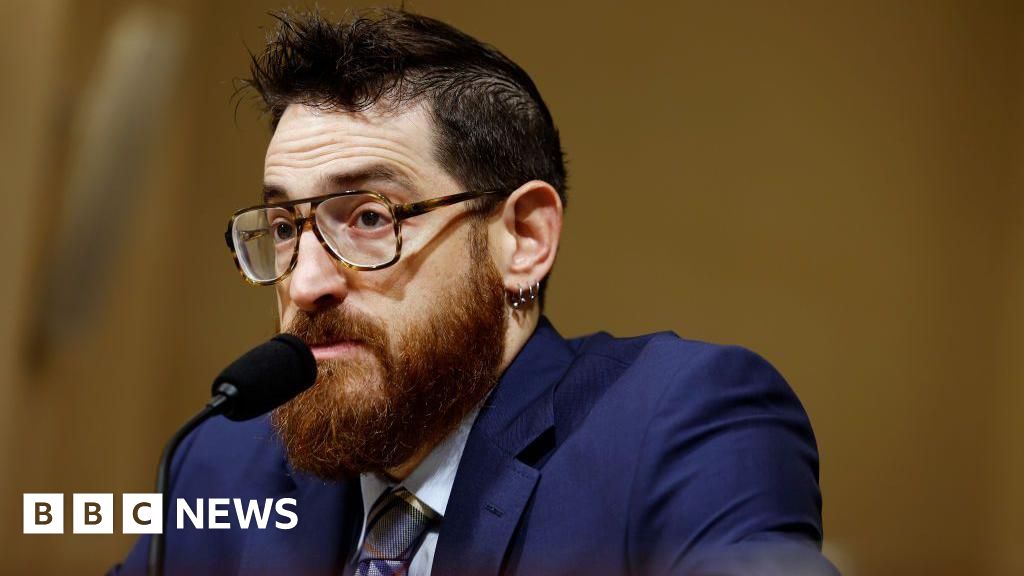

























































































































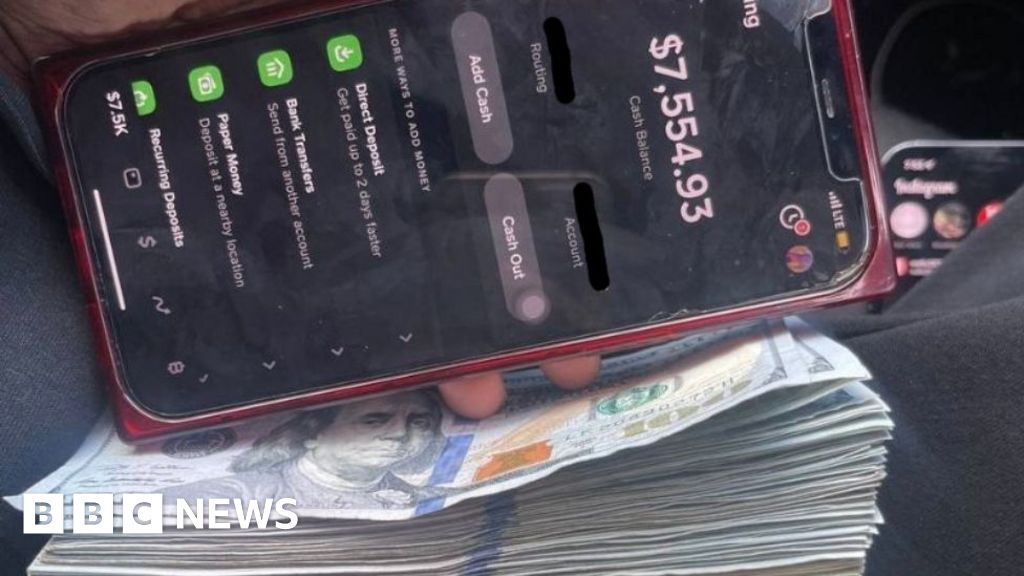
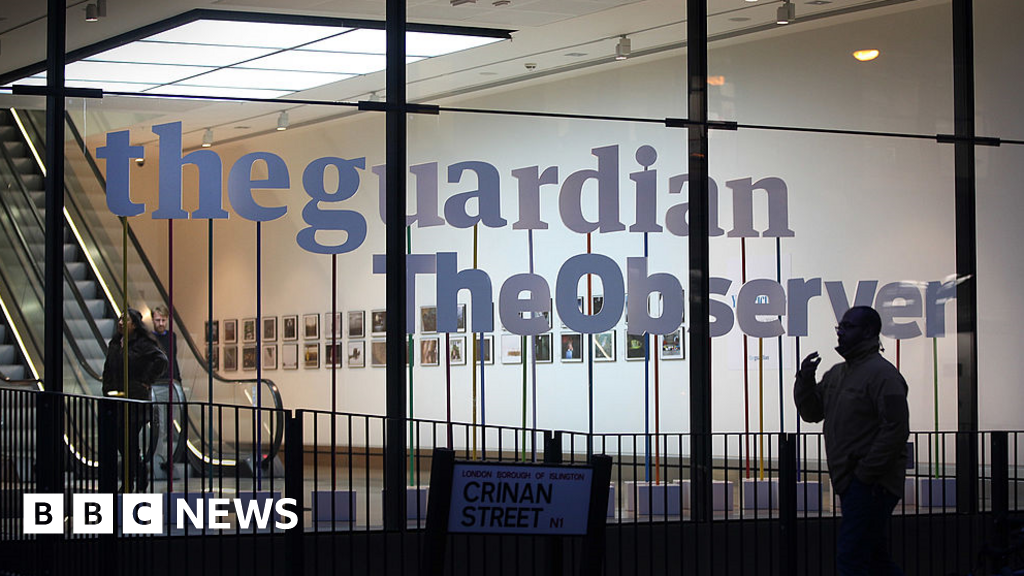
You must be logged in to post a comment Login